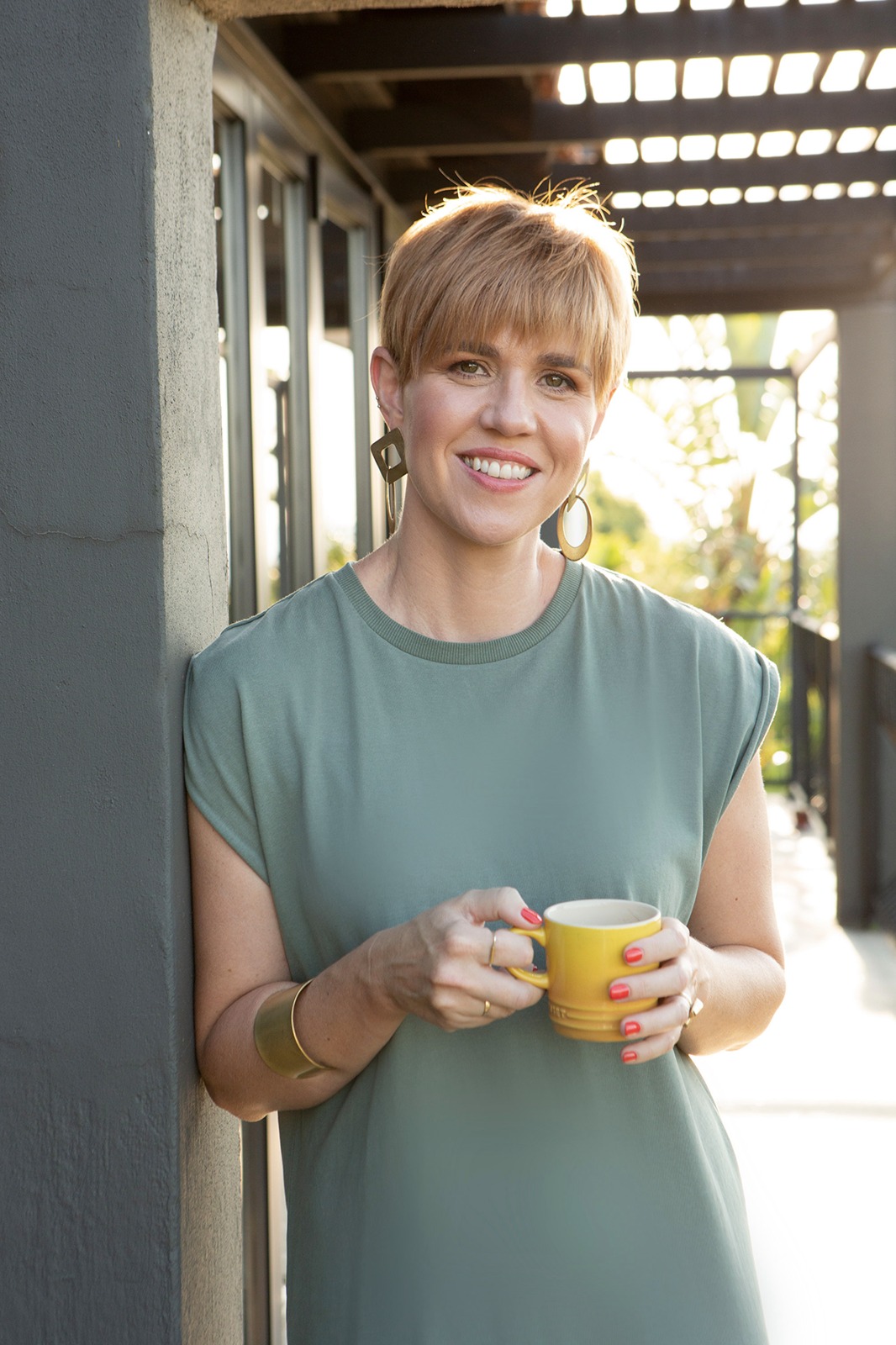#9 Transform your love life with four powerful mantras
- Maria Strauss

- Jun 24, 2025
- 2 min read

If you’ve ever coached with me, you’ve probably heard me say this more than once: it’s not the situation or the other person that causes our emotional spiral — it’s the story we tell ourselves about it.
That can feel like a hard pill to swallow, especially in our closest relationships. When emotions run high, our brain looks for meaning — and fast. It builds a story, usually one where we’re the wounded hero and the other person is the villain. And honestly, it often feels true.
“My husband is so emotionally unavailable, of course I feel completely alone.”
“My teenager is so irresponsible, of course I have to control everything or things will fall apart.”
“My partner flirts with other women — what am I supposed to do, just stay quiet?”
“I carry the whole household — if I don’t complain, nothing changes.”
These sound like facts. But they’re actually just stories. And here’s the hard truth: these stories justify our own reactive, protective behaviour. They help us make sense of our pain, but they also keep us stuck in it. We scream, sulk, micro-manage, withdraw, over-function — all to survive what feels unbearable.
To make it worse, we often surround ourselves with people who echo the same narrative. Friends who say, “You’re right, that’s terrible,” instead of, “Hey, what’s your work in this?”
If you want real growth — in yourself and in your relationships — you have to be willing to pause the story. Not throw it away, just pause it long enough to ask: “How might I be contributing to the very dynamic that hurts me?”
Here’s the turning point: transformation doesn’t begin when the other person changes. It begins when you do. That’s where your power lies.
When I’m helping clients make this shift, I often come back to the simple but profound mantras of love from Thich Nhat Hanh. They’re not scripts — they’re practices:
“Darling, I am here for you.”
“Darling, I know you are there and it makes me happy.”
“Darling, I know you suffer, and I am here for you.”
“Darling, I am suffering, and I need your help.”
These aren’t easy to say when we’re in pain. But they create the kind of emotional space where real connection becomes possible — not because the other person is perfect, but because you are showing up with presence, not protection.
And that’s where the healing starts.
Do you want to explore the stories that keep you stuck?
Let’s work together to untangle the patterns, reconnect with your truth, and shift your relationships from survival mode to something more life-giving. Book a free discovery session or reach out with your questions — no pressure, just real conversation.




Comments